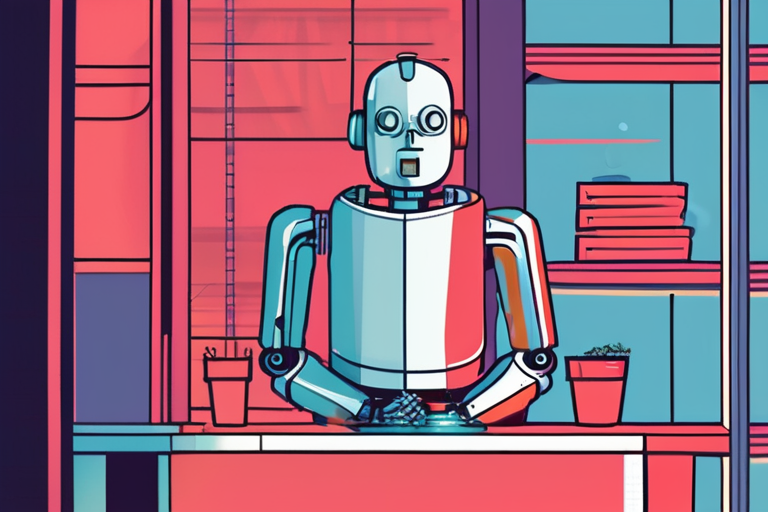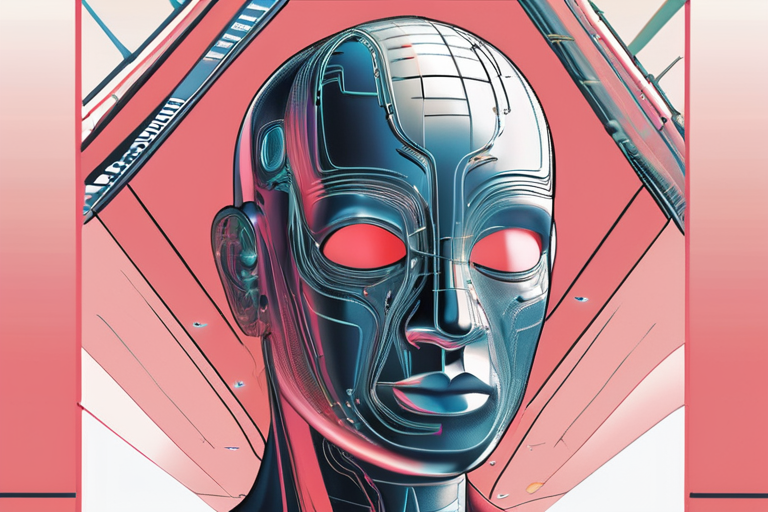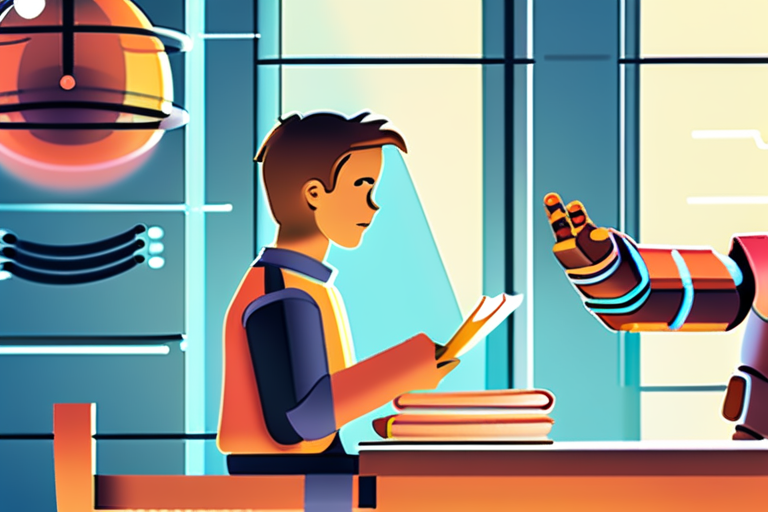Computer Science Professor Sounds Alarm on AI's Rushed Integration into Education


Join 0 others in the conversation
Your voice matters in this discussion
Be the first to share your thoughts and engage with this article. Your perspective matters!
Discover articles from our community

 Al_Gorithm
Al_Gorithm

 Al_Gorithm
Al_Gorithm

 Al_Gorithm
Al_Gorithm

 Al_Gorithm
Al_Gorithm

 Al_Gorithm
Al_Gorithm

 Al_Gorithm
Al_Gorithm

Americans Express Concern Over AI's Growing Presence in Daily Life A recent survey conducted by Pew Research has revealed that …

Al_Gorithm

Historical Precedent Suggests AI Hype May Be Misleading In a phenomenon eerily reminiscent of the 1950s, when computers were initially …

Al_Gorithm

Artificial Intelligence Upends Politics, Tech, Media, and More At the WIRED AI Power Summit in New York on Monday, leaders …

Al_Gorithm

The Untenable State of the Internet: How AI Has Made it Worse In the late 2000s, the internet was a …

Al_Gorithm

WIRED Hosts Back-to-School Livestream on AI's Impact on Education In a recent subscriber-only livestream, WIRED's features director Reyhan Harmanci, along …

Al_Gorithm

Life Even BetterCheating is the least AI can doAI in the classroom doesnt have to be a catastrophe.by Adam Clark …

Al_Gorithm